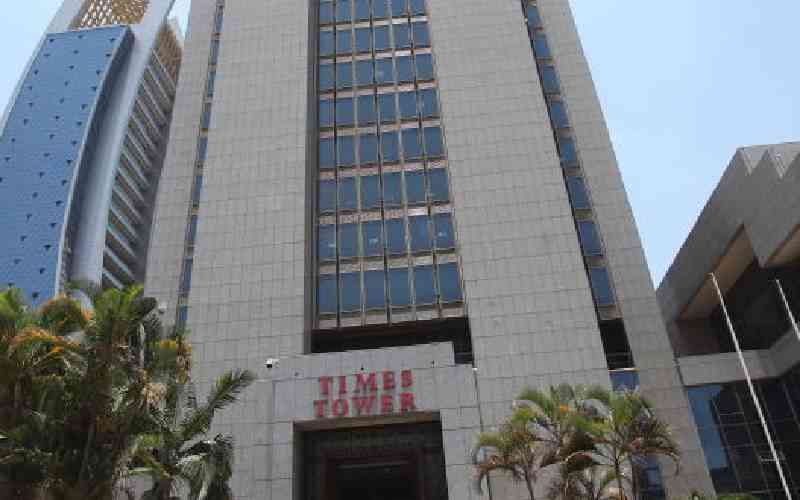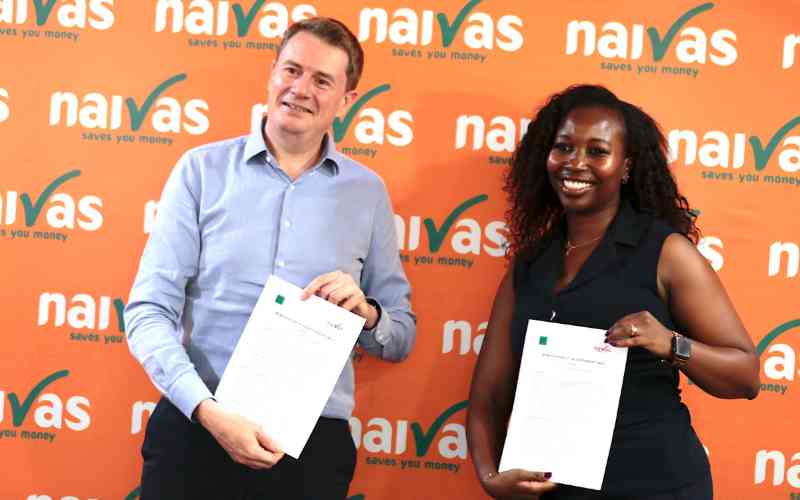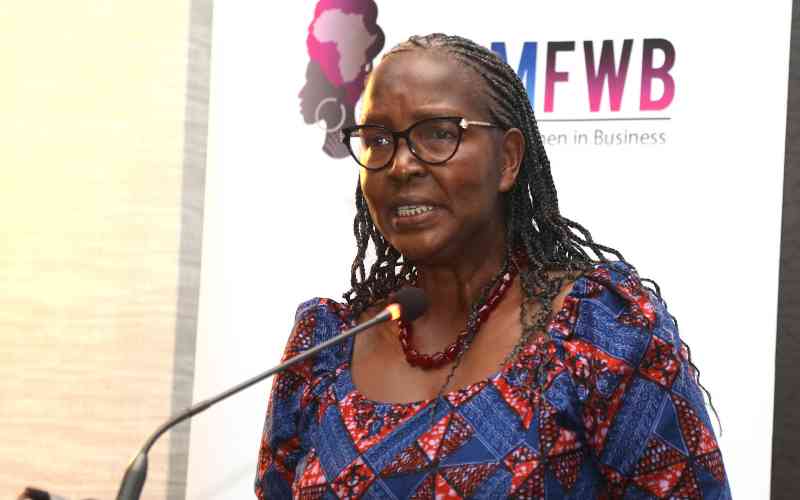
The Kenya Revenue Authority (KRA) has experienced significant shortfalls in tax collection, missing its full-year target by Sh47.3 billion for the fiscal year ending June 2025 after collecting Sh2.257 trillion against a revised estimate of Sh2.305 trillion.
This was primarily due to a tough economic environment that reduced consumer disposable income.
The authority also missed its first-quarter target for the 2025/2026 financial year, and has missed monthly targets, such as a Sh20.1 billion shortfall in July 2025 collecting Sh657.2 million against a target of Sh770 million as per the latest National Treasury data.
This significant revenue deficit presents significant financial difficulties. Revenue is necessary for the government to pay for services and close the budget deficit.
However, there are several reasons for weak revenue growth. Like the big size of the informal economy and tax collection challenges in this sector, low standards of tax compliance, limited administrative capabilities of KRA, tax evasion and corruption, economic slowdown.
There is also corporate failures leading to loss of taxes. Then Value Added Tax revenues are impacted by decreased consumer expenditure.
Low trade volumes decrease import duties. The current persistent revenue challenges are exacerbated by these cyclical patterns.
Beyond taxes, other sources of government revenue include privatising state-owned businesses, public-private partnerships, grants from partner organisations and states. There is also need to introduce austerity measures to cut unnecessary expenditures.
The revenue gap is also bridged by local and foreign borrowing but at a cost. The financial system’s liquidity is absorbed by government securities, lending to the government is more appealing to banks than funding private companies.
However, this method slows down expansion and employment creation by the private sector through crowding-out effect.
International organisations like IMF also partner with government to stabilise revenue required by the government however the programme’s execution is made more difficult by Kenya’s incapacity to carry out proposed tax measures.
Moreover, the government must strike a compromise between domestic political realities and IMF standards.
Other initiatives to increase revenue include stabilising future tax policy to make planning easy for both government and private sector and expanding the tax base.
Collections can be increased by making compliance attractive and easy, increase efforts to Combat corruption to show a dedication to efficient tax use.
Stay informed. Subscribe to our newsletter
Nevertheless, expansion of the economy despite these challenges, is still the best in current Kenya’s growth as we aspire for the economy to take off.
The writer is an economist. [email protected]







